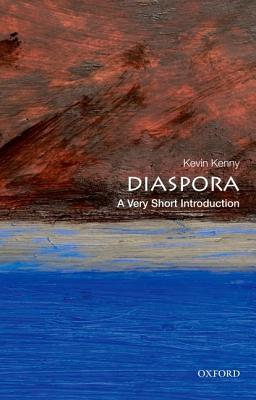
Аннотация
What does diaspora mean? Until quite recently, the word had a specific and restricted meaning, referring principally to the dispersal and exile of the Jews. But since the 1960s, the term diaspora has proliferated to a remarkable extent, to the point where it is now applied to migrants of almost every kind.
This Very Short Introduction explains where the concept of diaspora came from, how its meaning changed over time, why its usage has expanded so dramatically in recent years, and how it can both clarify and distort the nature of migration. Kevin Kenny highlights the strength of diaspora as a mode of explanation, focusing on three key elements--movement, connectivity, and return--and illustrating his argument with examples drawn from Jewish, Armenian, African, Irish, and Asian diasporas. He shows that diaspora is not simply a synonym for the movement of people. Its explanatory power is greatest when people believe that their departure was forced rather than voluntary. Thus diaspora would not really explain most of the Irish migration to America, but it does shed light on the migration compelled by the Great Famine. Kenny also describes how migrants and their descendants develop diasporic cultures abroad--regardless of the form their migration takes--based on their connections with a homeland, real or imagined, and with people of common origin in other parts of the world. Finally, most conceptions of diaspora feature the dream of a return to a homeland, even when this yearning does not involve an actual physical relocation.
![You cannot hide from radioactivity. Even the book you are holding is slightly radioactive, but there are more serious risks. Radioactivity - the breakdown of unstable atomic nuclei, releasing radiation - is a fundamental process in nature. It is a process that has been harnessed to provide wide and... Radioactivity [A Very Short Introduction]](https://www.rulit.me/data/programs/images/radioactivity-a-very-short-introduction_480904.jpg)
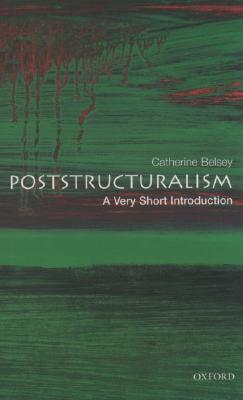
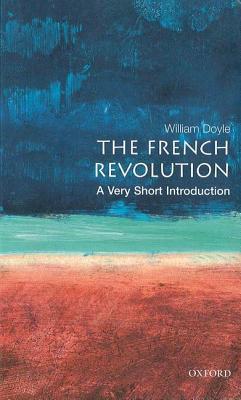

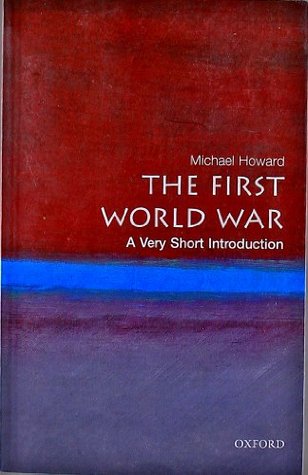
![Why do we need sleep? What is sleep? What happens when we don Sleep [A Very Short Introduction]](https://www.rulit.me/data/programs/images/sleep-a-very-short-introduction_480814.jpg)



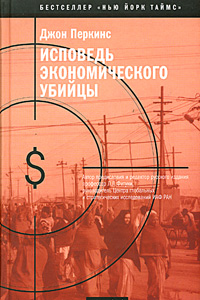

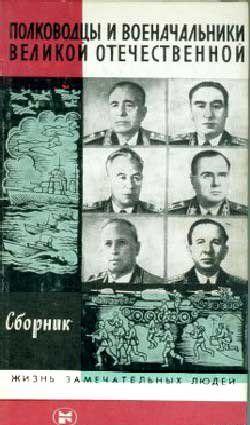


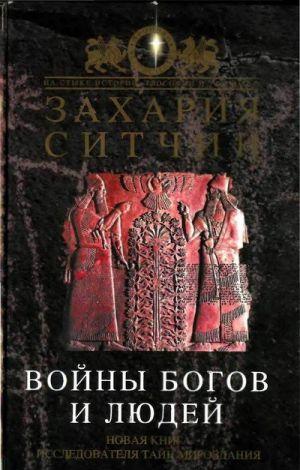

Комментарии к книге "Diaspora: A Very Short Introduction"